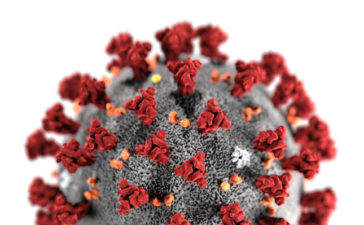“Muscle wasting is frequently overlooked in liver transplant candidates as nutritional assessment is not routinely carried out as part of clinical practice, and an accurate assessment can be complicated by obesity or fluid retention,” said the review’s senior author, Aldo J. Montano-Loza, MD, MSc, PhD, of the University of Alberta. “Muscle wasting is one of the major features of undernutrition in cirrhosis, and currently, high resolution image-based techniques such as computed tomography constitute the best way to evaluate body composition in these patients.”

The researchers noted that muscle wasting is frequently overlooked in liver transplant candidates. And one reason for this could be that the nutritional assessment is not routinely carried out. Poor nutrition could be further complicated by obesity or fluid retention.
Currently high resolution image-based techniques such as computed tomography constitute the best way to evaluate body composition in these patients, noted the researchers
Adequate caloric and protein intake are the foundation of therapy for undernutrition in liver transplant candidates. The researchers noted that these patients should also avoid fasting for longer than six hours in the therapy.
Consuming branched-chain amino acids or fish oil supplements and taking hormone replacement therapy have also emerged as potential therapies for muscle wasting caused due to cirrhosis and transplant. However, their potential benefits need to be confirmed in randomized controlled trials. Physical activity and exercise is also forms an essential part of the therapies.





